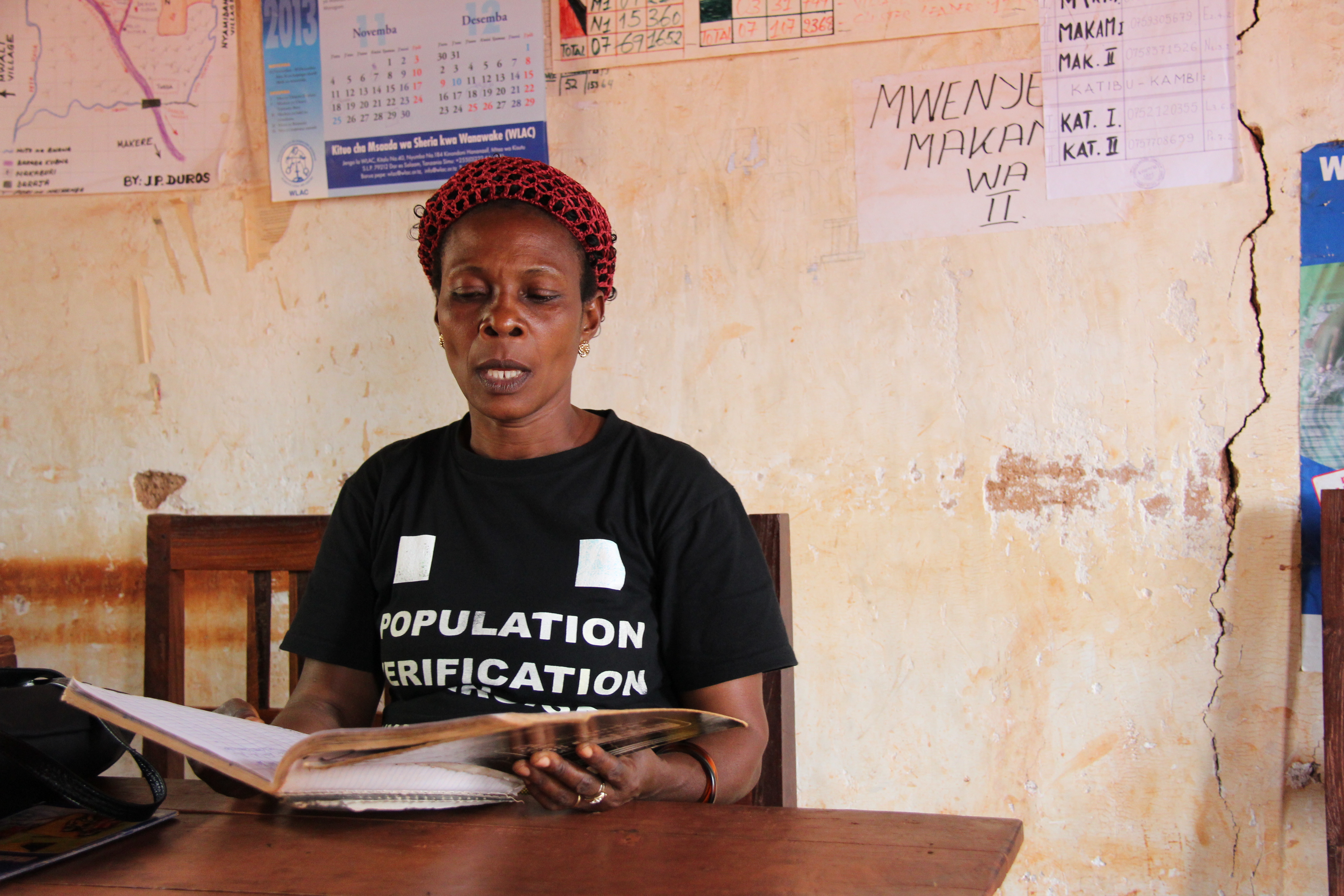Disability is not inability – refugee turns entrepreneur hours after fleeing
Disability is not inability – refugee turns entrepreneur hours after fleeing

BUBUKWANGA TRANSIT CENTRE, Uganda, July 31 (UNHCR) - Adam Mugisho is not a man to sit idle. Days after he and tens of thousands of other civilians fled their native Democratic Republic of the Congo earlier this month, he had set up shop under a large tree just inside Uganda, repairing the cell phones and radios his fellow refugees brought with them.
Never disheartened by being paralyzed in his legs by polio as a child, he took up repairing shoes - without any encouragement from his parents. "I just encouraged myself," he says from the primitive wheelchair that brought him to safety in Uganda. "I realized I was just sitting there doing nothing and I realized I can't live like this." Five years ago, at the age of 30, he broadened his skills by persuading a friend to teach him the art and science of electronics repairs.
He doesn't look for or accept excuses. He interrupts a torrent of Kiswahili to recite his motto in English: "Disability is not inability."
As soon as he reached this transit centre, more than 25 kilometres from the border with the DRC, he was the first refugee to set up shop. He's earning money to supplement the meals provided to all refugees here by the World Food Programme, and relief items supplied by the UN refugee agency and its partners.
You'll find him beneath a tree, his soldering iron heating on a bed of charcoal, working his magic on decrepit cell phones and radios that are a vital lifeline for the nearly 17,000 refugees here.
He says this nets him between 5,000 and 6,000 Ugandan shillings a day (US$2 to US$2.34), a respectable amount even for a Ugandan in this remote hilly area where unemployment is high. Uganda allows refugees to work, farm land and exercise rights similar to those of Ugandan citizens.
"My radio will only be fixed by Mugisho," says satisfied customer TabanTaibu Ali, 43, a fellow refugee who knew the repairman across the border in DRC's North Kivu province. "Mugisho knows how to fix things. I don't know if these Ugandans know how to fix my radio."
Mugisho is one of 286 refugees living with disability in the transit centre, and he says they do not have an easy time of it. "Those of us who crawl using our hands - instead of them constructing a special toilet for us - I have to go to that [regular] toilet," he complains. "So you think I can't contract diseases there?"
UNHCR Community Services Officer Fuji Kawata agrees that in this emergency, "accessibility to services is a real challenge." She says "we need to identify and support those with specific needs to make sure they have the same access to services as all the other members of the community."
To make sure that happens, Uganda Red Cross Society volunteers are going tent to tent to find people with special needs and make sure "that we know how many there are and where they are staying, so we are better able to help them," Kawata adds.
Just getting here was an achievement for Mugisho. "It's my bicycle that helped me," he says, referring to his metal wheelchair. "It's the one that helped me to run away." That made him luckier than others who have no mobility.
Michael Sande, who fled to Uganda to escape a previous wave of violence in North Kivu, has badly shrivelled legs and can only crawl. He recalls that when the rebels came - sometime around 2004 or 2005 - his father told him it was up to him to save his life.
With the whole family gone, Sande crawled off into the bush and waited for the rebels' rampage to subside. When he returned to his home, he found the beheaded body of his father. After his brothers and neighbours had buried the father, Sande's young wife returned to take him and their baby to safety in Uganda.
"She put me on her back and the small baby on her chest, and we walked to this place," he recalls. It took them four days to cover the distance because she had to rest often. Asked what impelled her to carry her husband, Felista Kavanako says simply: "I love him."
Since coming to Uganda they have had five more children and now live in a tiny bamboo and mud house given to them by the Ugandan government. Ironically, it's now smack in the middle of the land allocated for the new refugee transit centre.
Meanwhile, as Mugisho returns to his repair business, he talks of what refugees can contribute to host countries. If they build houses or start businesses, he says, "that is development. You think when [a refugee] leaves, he will leave with that house to Congo?"
He's convinced his own future - wherever it may be - will be bright because of his skills. He makes an impassioned plea for education and skills training. "What I want to tell people is: if you didn't go to school, please try as much as you can to work with your hands. Having your own skill is like money you are walking with," he says. "Wherever you go, you will sit and you will get money."
By Kitty McKinsey in Bubukwanga Transit Centre, Uganda








